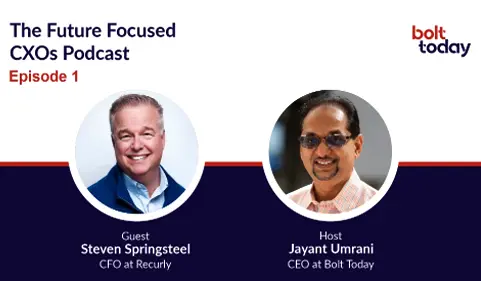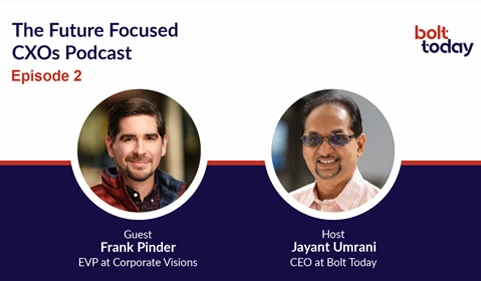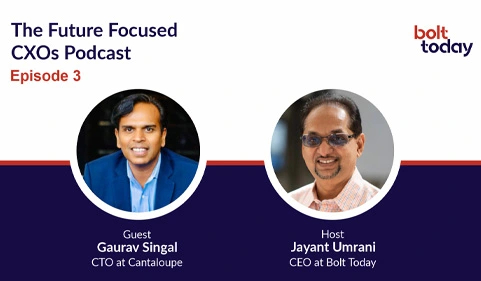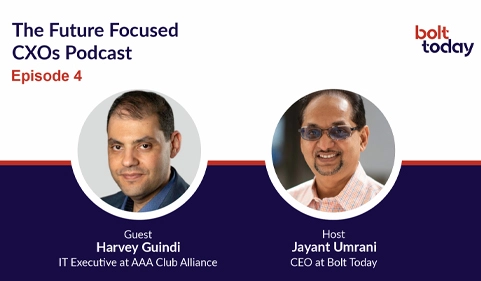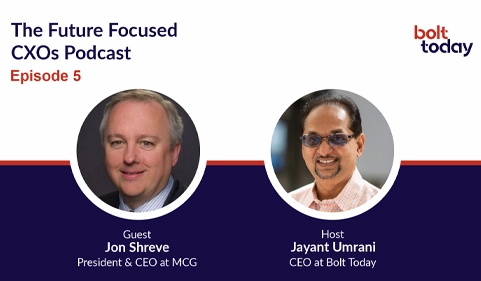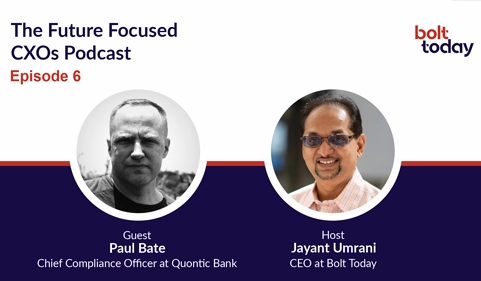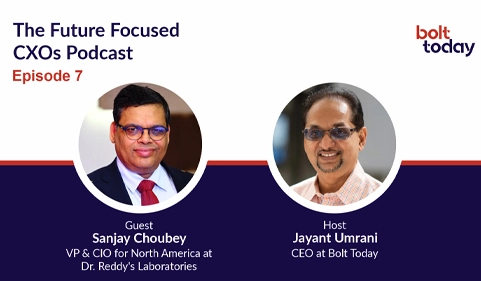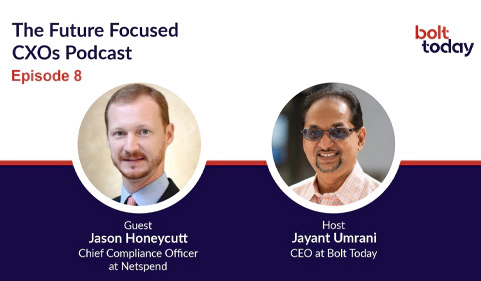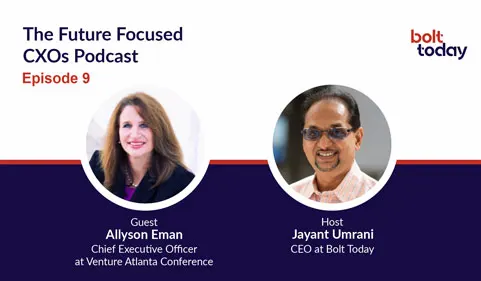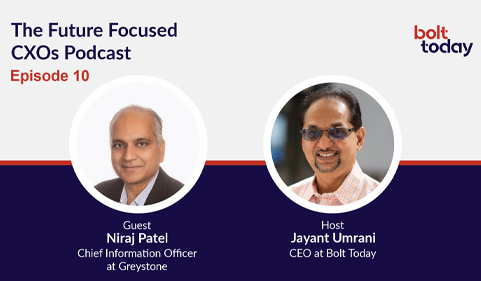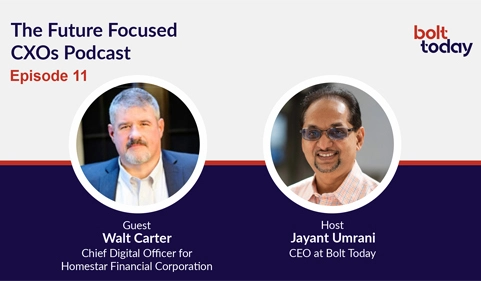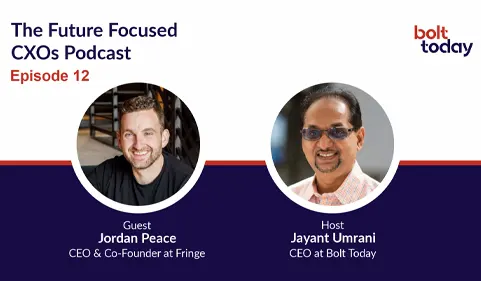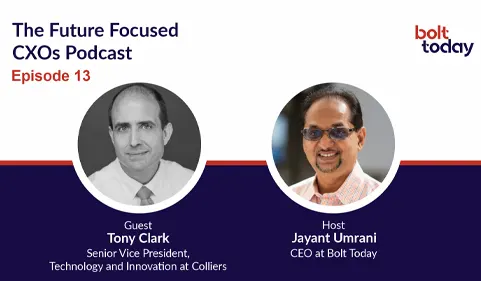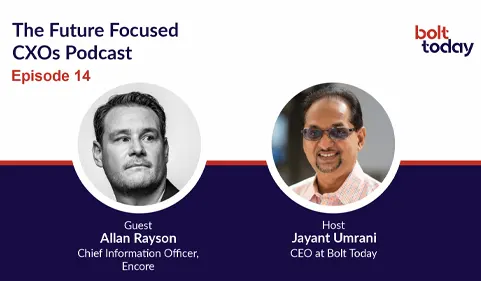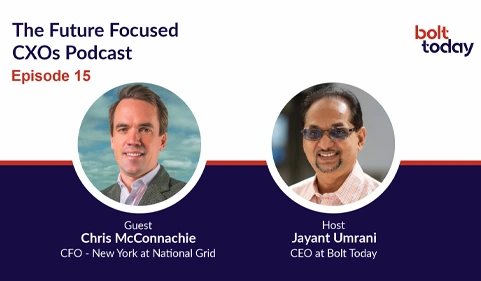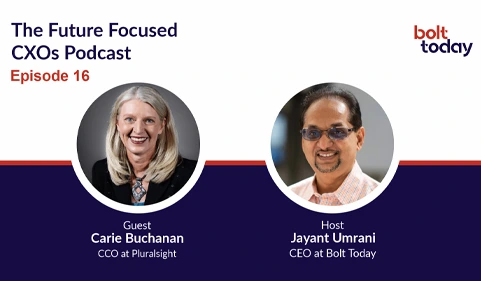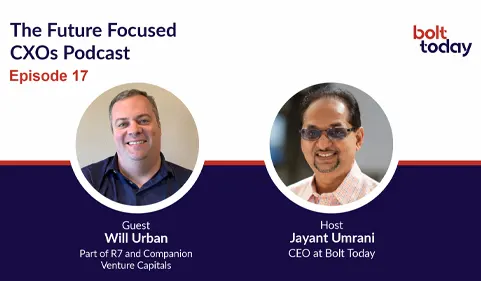Discover the winning strategies used by top CXOs to drive growth in their companies, even in the toughest of times! Join us on this must-listen podcast as we learn from the best in the business world.
In this episode, Dr. Reddy's Laboratories VP and CIO for North America, Sanjay Choubey shares insights on cultural differences in digital transformations, technology evolution and more.
Tune in to Engaging Conversations and Insights!
Topics Discussed
1:53 - Transformation is often linked with commercial or digital progress, yet it is essentially linked with people. I've witnessed both contrasts and similarities among individuals while working in numerous regions such as Europe, the Middle East, Asia Pacific, North America, and South America. Understanding these differences is critical since changes in digital and corporate processes have a direct impact on people.
For example, reporting procedures and data interpretation differ amongst cultures. People in France, Germany, Japan, and India have different tolerance levels and expectations when it comes to data accuracy and presentation. As a result, successful transformation requires taking these cultural differences into account and aligning change management tactics accordingly.
Finally, each transformation journey begins with an understanding of the people's perspective and operating methods.
6:00 - Aligning IT and business goals is crucial for successful project outcomes. In the past, IT-driven activities were separate from business requirements, but now collaboration is key.
Adopting an agile approach encourages joint efforts between business and IT, creating a product-centric framework rather than a project with an end date.
The ownership of ideas and thought leadership can come from business leaders seeking market advantages or from digital leaders proposing innovative solutions.
Finding a balance between business process optimization and transformative business models requires collaboration between both leaders.
Organizations are recognizing the value of CIOs and CDOs with deep knowledge of both business and technology, often placing them in leading roles. This shift acknowledges that IT is no longer solely a cost center but can contribute to revenue generation and overall profitability.
11:31 - To stay relevant and make well-informed decisions, business leaders should embrace continuous learning and build connections to grasp the possibilities and impacts of technology in their sector.
Keep up on industry publications, and examine case studies and success stories to learn how technology is transforming firms in related industries.
Promote an innovative culture within the organization. Allow corporate executives to experiment with new technologies, prototype projects, and investigate possible applications in their particular fields. Attend demos, seminars, and workshops hosted by tech companies to learn about their capabilities and potential benefits.
15:06 - The impact of technology on corporate strategy is a complex subject. The context and prioritizing of technological advances within an organization are critical. Different tools and technologies, such as regenerative AI, are accessible and can be applied to numerous parts of the business, such as text analysis or picture processing. The trick, however, is to select tools that are aligned with the specific business context and goals, prioritizing those that give the best outcomes.
In the future, the rate of technological progress and its possible influence on business are both unpredictable. Tesla's advances in autonomous driving demonstrate how technology can disrupt industries. The birth of regenerative AI and complete autonomy has opened a new chapter, although the precise path of future technical improvements remains unknown. To capitalize on the possibilities of developing technologies, each firm must stretch its imagination, analyze its specific business context, and experiment with novel techniques. As the future unfolds with new possibilities and problems, there is no clear answer.
20:17 - Organizations should consider developing a systematic approach to innovation. This involves forming an innovation group or team that invites ideas from all levels of the company and encourages unconventional thinking. Develop an innovation culture and incentivize employees to contribute ideas by formalizing the innovation process and involving key leaders and top management support.
Whether the goal is to increase revenue, reduce costs through automation, or achieve another specific purpose, the metrics for monitoring the effectiveness of IT expenditures should be established from the start. Organizations can measure the worth and effectiveness of their investments by measuring and evaluating these outcomes.
The key is to have a clear vision and a transparent method of tracking results.
26:00 -I once spoke with the CIO of my former business about how to become a CIO in the future. He emphasized the necessity of IT and digital competence in areas such as infrastructure, transformation, ERP, and security.
Rather than attempting to be a jack of all trades, it is critical to be a master in at least one or two of these disciplines.
Furthermore, attitude is important, including the ability to collaborate, accept accountability, and demonstrate leadership traits.
As essential talents, time management, smart work, delegating, and training future leaders are also important. You need of developing both knowledge and skills, while also believing in the principles of doing good and the law of karma.

